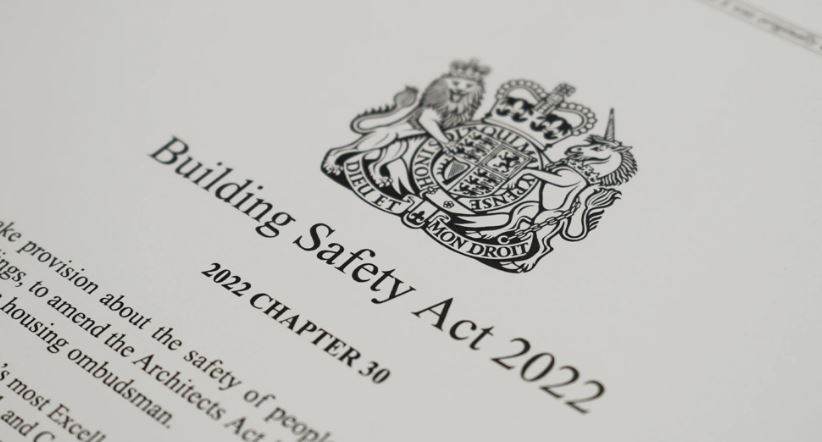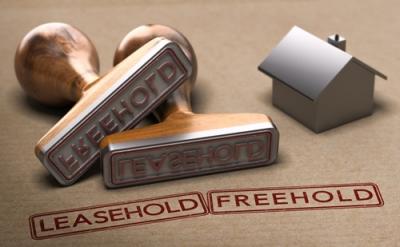Parliament Closes Qualifying Lease Loophole in Building Safety Act 2022
In a significant move to address concerns surrounding leaseholder protection provisions, the government has amended the Building Safety Act 2022 to rectify a critical loophole related to “qualifying leases.” The amendments, included in the Levelling-Up and Regeneration Act 2023, which received Royal Assent on October 26, 2023, marking a decisive step toward streamlining the complex procedures that have hindered the sale of leasehold flats in mid to high rise blocks.
Qualifying Status under the Building Safety Act 2022
Since the Building Safety Act 2022 came into force last summer, criticisms mounted against the convoluted procedures involving landlord’s certificates and leaseholder deeds of certificate. However, exacerbating the situation was an unintended error in the original legislation. This flaw stipulated that a leaseholder would lose the “qualifying status” of their lease merely by extending it, adding another layer of complexity to an already intricate process.
To fall under this category, the lease must be of considerable duration, with the tenant being responsible for a service charge, and it must have been granted before February 14, 2022. Additionally, on that date, the dwelling should have served as the tenant’s primary residence, or the tenant should have owned no more than two other dwellings in the UK.
Issues Arising when Extending Leases
However, the scenario changes when a leaseholder opts to extend their lease, either through informal agreement with the landlord or by exercising statutory rights under the Leasehold Reform, Housing and Urban Development Act 1993 (LRHUDA). This extension involves the surrender of the “old lease,” promptly replaced by the newly granted “new lease” for the flat, effectively extending the term. Notably, the extended lease’s date falls beyond February 14, 2022, resulting in the loss of its “qualifying lease” status, despite the original lease meeting the criteria.
This loss of qualifying status opens up the leaseholder to significant service charge expenses for rectifying building safety defects in the block and can adversely affect their ability to sell the flat.
Implementation of a “connected replacement lease” in the Levelling up and Regeneration Act 2023
In May 2023, the government acknowledged the issue and pledged to address it through legislation. Amid concerns about the lack of progress, last-minute amendments were introduced to the Levelling-Up and Regeneration Bill. The resulting amendments, with sections 119(3A) and 119A added to the Building Safety Act 2022, aim to close the qualifying lease loophole.
The amendments introduce the concept of a “connected replacement lease,” specifying conditions for a new lease to qualify. This includes being a new lease for a single dwelling in a relevant building, replacing a qualifying lease, and maintaining continuity in the property let. The definition encompasses both statutory and contractual lease extensions.
The amendments have retrospective effect, treating them as in force since June 28, 2022—the original commencement date of the leaseholder protection provisions. This means that any leases extended during this period will be considered as if the loophole had never existed.
While the new rules might need some thought, they seem to have fixed the lease extension issue. The backdated effect gives confidence to everyone, making lease transactions clearer and more stable.




